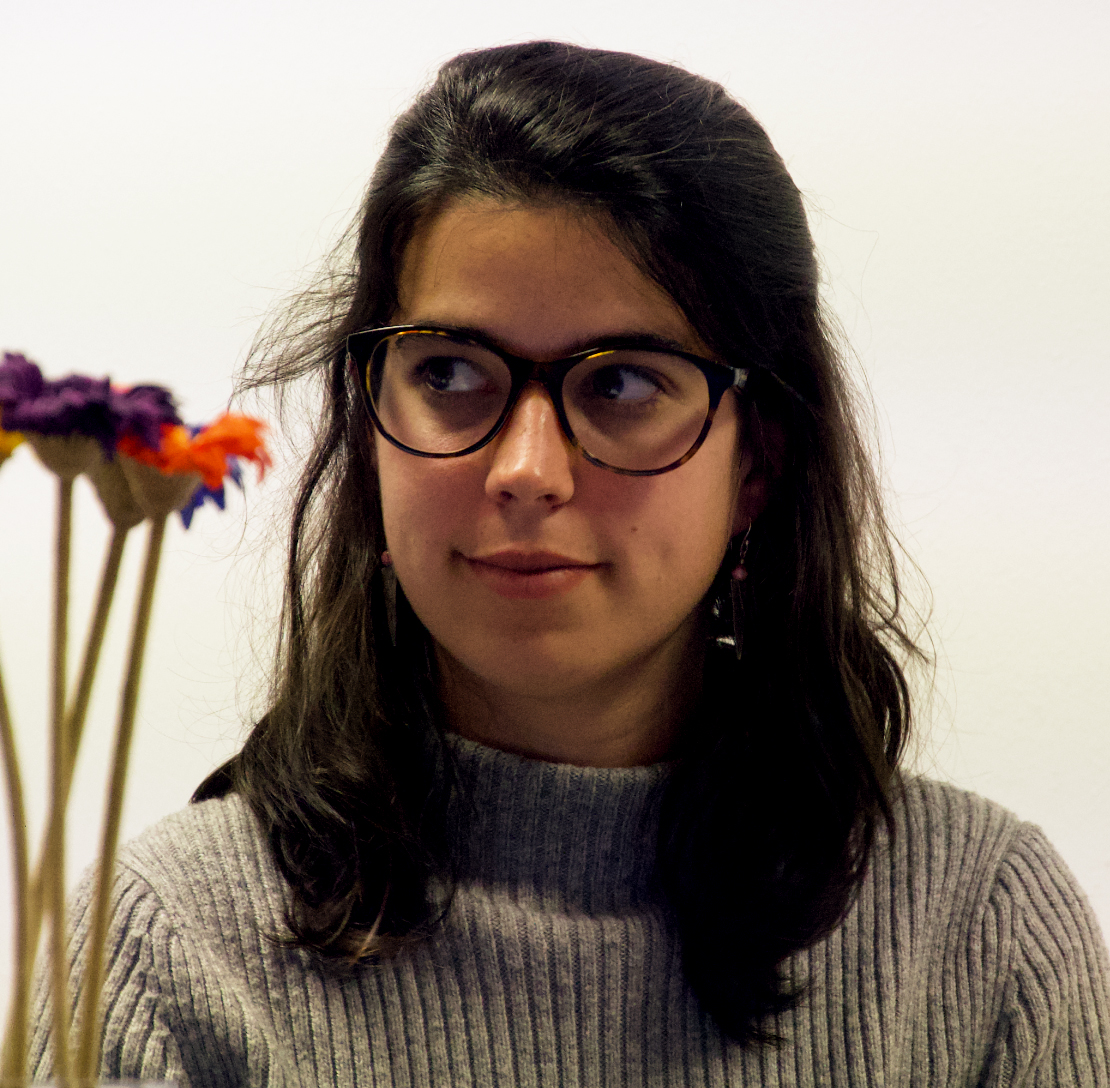3rd EASA Award for a Postgraduate Student Paper in the Anthropology of Food
 We are very happy to announce the winner of the 3rd EASA Award for a Postgraduate Student Paper in the Anthropology of Food:
We are very happy to announce the winner of the 3rd EASA Award for a Postgraduate Student Paper in the Anthropology of Food:
‘The forming Industrial Taste: The importance of non-scalability in the Family Agriculture Model of the Spanish Plastic Sea’ by Paloma Yáñez Serrano. Congratulations!
Abstract: Placing the family farm agriculture in contrast to the processes of globalisation, this paper argues a focus on non-scalable relations and forms of production is essential to understand the industrially engineered form and taste of the vegetables we consume, as well as, the ways in which we can regain the diversity of production practices, varieties of vegetables and diversity of tastes family farms used to produce. Farmers defend family farming for its endogenous characteristics, which remind them that their agricultural project is not only subject to price volatility, nor simply a product of the industry’s commercial image strategies, rather it is the refuge of a vernacular understanding of food, land and communal life. Yet, the bureaucracy behind food security and the push towards intensification and professionalisation have defined a system of exclusion wherein families either comply with labour requirements, financial pressures and rigid international trade regulations or go out of business. The paper reconstructs the problems of scalability in the regional intensive agriculture system and explores how its sustenance through time has been made possible by the non-scalable aspects of the family unit. ‘El legado campesino’ (peasant heritage), in terms of food making, cooperativism, conscious adoption of technology and intricate connection to nature, has not disappeared. In fact, it is what helps families cope with the everyday pressures of being agro-business managers. This ethnographic analysis builds on the anthropology of food to redress the gap in knowledge regarding non-scalable values of family farming.
Paloma Yáñez Serrano is an award-winning independent ethnographic filmmaker and social anthropologist interested in the methods of adaptation humans develop to address the changing environment, technology and political conflicts. Her PhD in Social Anthropology with Visual Media at the University of Manchester focuses on farmers’ and labourers’ everyday survival strategies in Almería’s Plastic Sea, in southern Spain. It explores workers’ embodied adaptations and resistances to industrial agriculture practices and the possibilities of agroecology. Paloma currently works at the Institute of Anthropology and Ethnology at Adam Mickiewicz University in Poznan (UAM), conducting ethnographic research in Madrid on the heat experience of adults over 65 for the research project ‘Embodying Climate Change: Transdisciplinary Research on Urban Overheating’ (EmCliC). In this project, she is particularly interested on local manifestations of resilience mechanisms, as well as the social networks of support that help communities cope with energy poverty and thermal stress. She also leads the production company Big Tree Collective and the Visual Research Network. Email: palo_yase(at)hotmail.com







